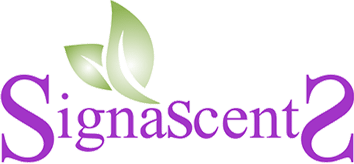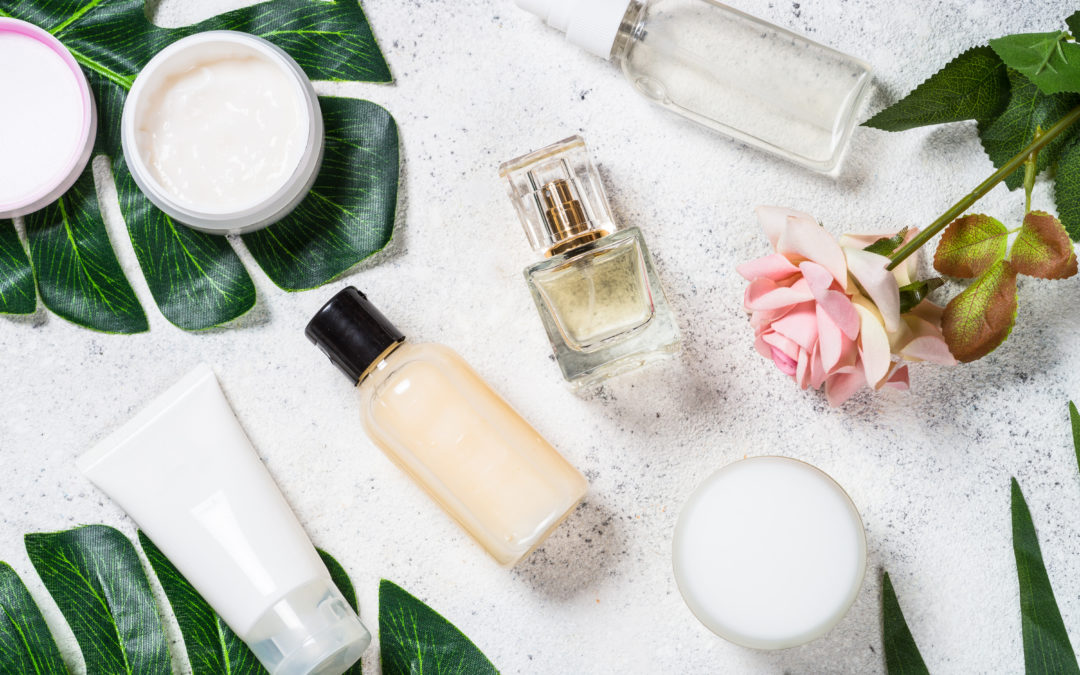With all the different labels used for beauty products, it can be challenging to know how they are different and what’s best for your skin. How can you tell what’s organic and vegan or natural and clean? It’s important to note that there is no legal definition or requirement for companies to label a product as vegan, organic, or natural. However, companies must list ingredients based on the INCI (International Nomenclature of Cosmetic Ingredients), a global standard that requires ingredients to be listed from the highest percentage to the lowest. It can also be confusing to read the ingredients when beauty products use the scientific names of ingredients, rather than the common descriptions (i.e. aqua versus water). Let’s take a look at the different types of safer beauty products available today. This will help you determine what’s the best type for your needs, budget, and lifestyle.
Vegan Products
When looking for vegan beauty products, it’s important to research the brand and specific product’s ingredients list. This list should not contain any animal extracts or animal by-products nor should the products or ingredients be tested on animals. If you are supporting a small business, you may not find the Leaping Bunny logo to indicate that no animal testing was done to create their products. The best thing to do is to check out their website and contact the business with your questions. The vegan company will most likely be happy to answer your questions. Furthermore, be mindful of mainstream products labeled as “vegan” because this does not mean they are made from botanicals. Indeed, some companies use synthetic ingredients to replace the animal-derived versions, which are not as beneficial to the skin as using naturally sourced ingredients like essential oils.
Common Animal Derived Ingredients to Avoid:
- Collagen
- Gelatin
- Glycerin
- Retinol
Organic Products
Did you know a product only needs to contain a small percentage of an organic ingredient to be labeled as organic? This may surprise some, but this is why it’s important to do your research. Look at the ingredients list and check for any certified organic label on the product. Like other products, small businesses that focus on sourcing quality organic products may not have the time or money to go through these costly certification processes. However, small companies can still offer high quality organic products that are safer than mainstream products containing harsh chemicals, preservatives, and fragrances.
Organic Products Should Not:
- Be tested on animals
- Contain harsh chemicals
- Contain nanoparticles
- Contain parabens
- Contain synthetic dyes
- Contain artificial fragrances
Natural Products
It’s no surprise that the term natural is used in not just beauty products, but all types of everyday items. A beauty product can be labeled as natural with less than 1 percent naturally-sourced, plant-based, or mineral-based ingredients. Pretty crazy, right? As always, it’s a good idea to read the ingredients list. A natural product should contain botanical ingredients at the top of the list (with the highest percentage of ingredients) and any synthetic ingredients at the bottom (with the lowest percentage of ingredients). It’s a common practice for natural extracts to be labeled by their scientific name. Indeed, it’s best to look up any ingredient names you aren’t sure of.
As for preservatives, most beauty products need some type of preservative to last a long time. These preservatives are typically synthetic. If a product is truly 100 percent natural, it will use a natural preservative with a much shorter shelf life. Keep this in mind when ordering your natural-based products.
Clean Products
Clean beauty products should not contain harsh chemicals suspected or known to cause harm to human’s health, such as skin irritations, allergic reactions, and even cancer. For those with skin sensitivities, clean products can be a lifesaver when most store-bought versions cause health issues. Since these products are made with more natural ingredients that are safe and non-toxic, this also helps better protect our environment from toxic ingredients that cause pollution.
Clean Products Should Not Contain:
- Artificial dyes
- Artificial preservatives
- Parabens
- Pesticides
- Phthalates
- Silicones
- Sulphates
- Synthetic fragrances
Fair Trade Products
Fair trade products contain ingredients that were purchased at a fair price. These fair prices provide sustainable living wages for the local small farmers who grow and harvest the crops. More companies are choosing to use fair trade ingredients because they are helping make a positive difference in the world. For example, these products also provide support for community efforts, including clean drinking water, education, and healthcare for local families. You can usually find a Fair trade mark to let you know that some or all of the ingredients are fair trade.
Common Fair Trade Ingredients:
- Apricot oil
- Argan oil
- Brazil oil
- Coconut
- Shea butter
As you can see, there are a wide range of labels used to describe safer beauty products on the market today. It’s best to always research a company and carefully read the ingredients list. When in doubt, contact the company for clarification on their products, standards, and sources for ingredients. There are also independent companies that test the safety and any risks associated with specific ingredients and products, such as EWG. Now that you know the differences regarding beauty labels, head over to Signa Scents in Southport, NC to browse and shop for high quality, hand-crafted vegan soap, vegan lotion, vegan perfumes, and much more.

